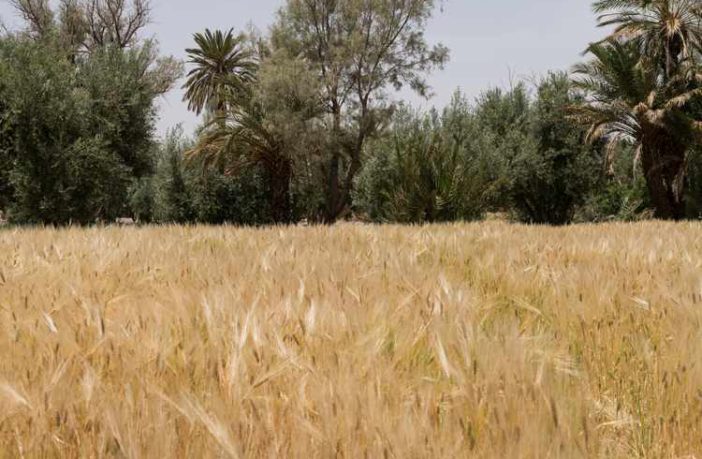in Freight News
Reuters
Reporting by Ahmed Eljechtimi
Morocco will increase customs duty on soft wheat to 135 percent from 30 percent to reduce imports and help local farmers boost the domestic harvest, a government spokesman said on Thursday.
The decision was approved by the government council and will become effective once it is published in the official bulletin and last until Oct. 31, spokesman Mustapha EL Khalfi told reporters.
Raising customs duties on soft wheat imports is meant to boost the reference price of soft wheat quintal from 255 dirhams to 360 dirhams (38.51 dollars), he said.
Morocco’s cereal harvest is expected to reach 9.82 million tonnes in 2018, matching last year’s harvest despite late rainfall, including 4.81 million tonnes of soft wheat, 2.28 million tonnes of hard wheat and 2.73 of barley, the agriculture ministry said last week.
“Increasing import duty on soft wheat comes in a context marked by low international prices and higher national output,” Khalfi said.
By mid-April, Morocco’s soft wheat reserves were estimated at 1.6 million tonne covering four months of the needs of local industrial mills, he added.
More than 4.5 million hectares were sowed with soft wheat, hard wheat and barley in 2018 compared with 5.4 million hectares a year earlier, according to the agriculture ministry.
A year earlier, Morocco produced 4.89 million tonnes of soft wheat, 2.19 million tonnes of hard wheat and 2.46 of barley, statistics by the state-run grains authority ONICLE showed.
Last year, Morocco imported 4.2 million tonnes of soft wheat, 2.1 million tonnes of maize, 850,000 tonnes of durum wheat and 440,000 tonnes of barley.
Agriculture accounts for 14 percent of Morocco’s economy and employs nearly 35 percent of the workforce. The government expects economic growth of 3.2 percent this year.
The majority of cereal-planted areas are small properties owned by subsistence farmers.
Wheat supply is key to Morocco’s stability as bread and semolina make up the staples for the population of 35 million.
Source: Reuters (Reporting by Ahmed Eljechtimi Editing by Ulf Laessing and Edmund Blair)








